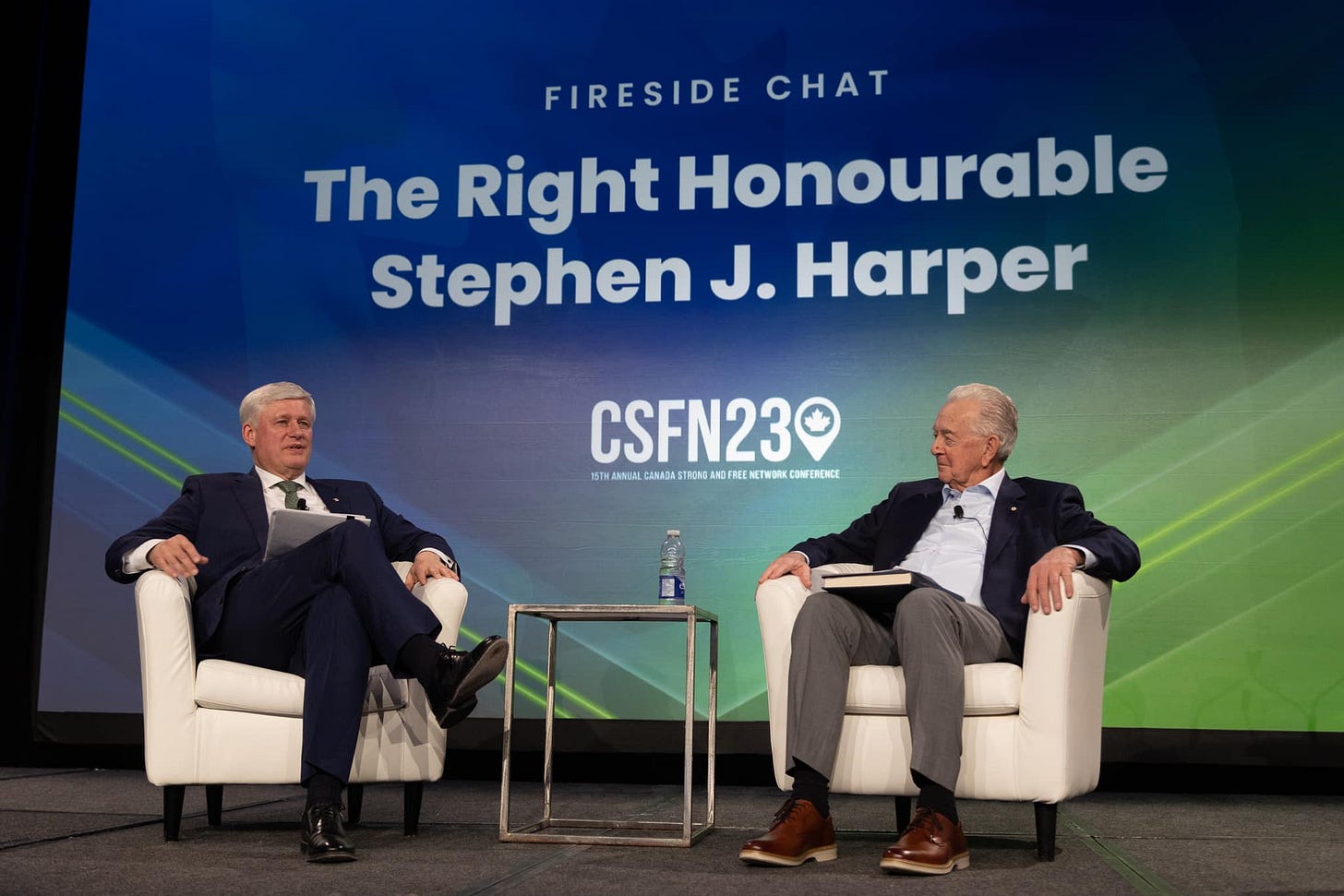The future of conservatism is populism
While few doubt the power of language, words can seem like silly things to fight about. Even so, the stakes of not fighting about language are high. If we don’t, words can be coopted in ways that don’t just reframe the way we describe things, but also how we think about them.
This is hardly a foreign concept for anyone who’s witnessed the proliferation of politically correct euphemisms over the last 30 years. Some of these have been amusing, such as replacing “manhole” with “maintenance hole” or finding “trigger warning” to be too, erm, triggering.
There’s also been a more recent trend of “reclaiming” words that were once slurs, like “queer” or “slut” by gays and feminists, respectively.
It’s high time we reclaim “populist.”
The word and the phenomenon it describes have been hijacked by bad actors who neither understand nor even want to understand populism.
The media uses the phrase “far-right populist” so frequently that “populism” without the adjective stirs up images of extremism.
This is a disingenuous rebranding, and one that exposes why populism exists in the first place. At its core, populism is about the people. Routledge’s definition is an “appeal to ordinary people who feel that their concerns are disregarded by established elite groups.”
It’s unsurprising that members of those elite groups – the media, the academics, political leaders – so fervently reject populism, the force that threatens their grip on power.
In practice, populist movements have taken hold on the left and the right and have achieved good and bad things. Populism is a vehicle, not a destination.
Several people twigged to this in 2016 and 2020 when Bernie Sanders and Donald Trump, holding vastly different political views, both ran populist campaigns. One New York Times columnist frantically tried to strip away the populist label from Sanders because he wasn’t “a threat to American democracy” like Trump supposedly was.
The left-right conception of the political divide has always been an oversimplification, but it’s even less accurate in recent years with a realignment that groups people around class far more than ideology. The elite-everyman divide isn’t perfect, but it recognizes that a liberal and conservative from a poor Manitoba town with a shuttered factory have more in common with each other than either of them would with an ideologically-aligned investment banker in Vancouver.
A look at the People’s Party of Canada’s 2021 supporters or those who supported the Freedom Convoy last year shows that people are less rigid about traditional political allegiance when someone is listening to their concerns and offering solutions to them.
While populism is not inherently conservative (let alone evil and far-right), conservatives do need to embrace it.
Today, parties that have long claimed to be advocates for the working class care less about these people than they do about pet causes like climate justice or vastly expanding the number of recognized genders.
Last week, I attended the Canada Strong and Free Networking Conference, an annual gathering of 1,000 conservatives (to use the broadest sense of the word) in Ottawa. The keynote speaker this year was former prime minister Stephen Harper.
It was refreshing, and a bit surprising, to hear Harper speak about populism so nonchalantly in positive terms when he was describing the Conservative Party of Canada’s unabashedly populist Reform Party roots.
When my book The Freedom Convoy came out in the summer, I participated in a Munk Debate with Conservative author Tasha Kheiriddin on the resolution “Be it resolved, populism is the future of conservatism.”
In my argument, I broke down the resolution into what I thought were its two constituent parts.
One was normative: should conservatism’s future be populism?
The other was descriptive: is conservatism’s future destined to be populism?
My answer to both was yes, with a caveat on the second.
Not long after we recorded the debate, Pierre Poilievre was elected as the Conservative Party of Canada’s leader. A month later, Danielle Smith won the United Conservative Party leadership and became premier of Alberta. Both of these leadership races followed ejections of previous leaders who left their parties’ respective bases feeling alienated.
Harper’s conceptualization of the Conservative Party of Canada, as he described it Wednesday evening, was a party that blended the Tory tradition of central and eastern Canada, the populist roots of western Canada, and the autonomous character of Quebec.
While Harper was a unifying figure in Canada’s conservative movement, I’m leery to say those three factions co-exist as effectively as they did under his tutelage. Leadership races tend to be a more of a tug-of-war between different factions than a cohabitation, with in-fighting generally persisting in some form after the races conclude.
Nevertheless, the founder of the Conservative Party of Canada and its only prime minister to date was clear: without populism – and populists – there is no Conservative Party of Canada.
The Conservative party can abandon its populist roots, but will never be a conservative party, nor, as 2021 demonstrates, even a viable party, if it does so.
The elites ignore real people. Populism doesn’t.
Subscribers can let me know what you think in the comments below. We thank our paid subscribers for ensuring it remains viable to keep publishing this, though anyone is free to join the mailing list.




